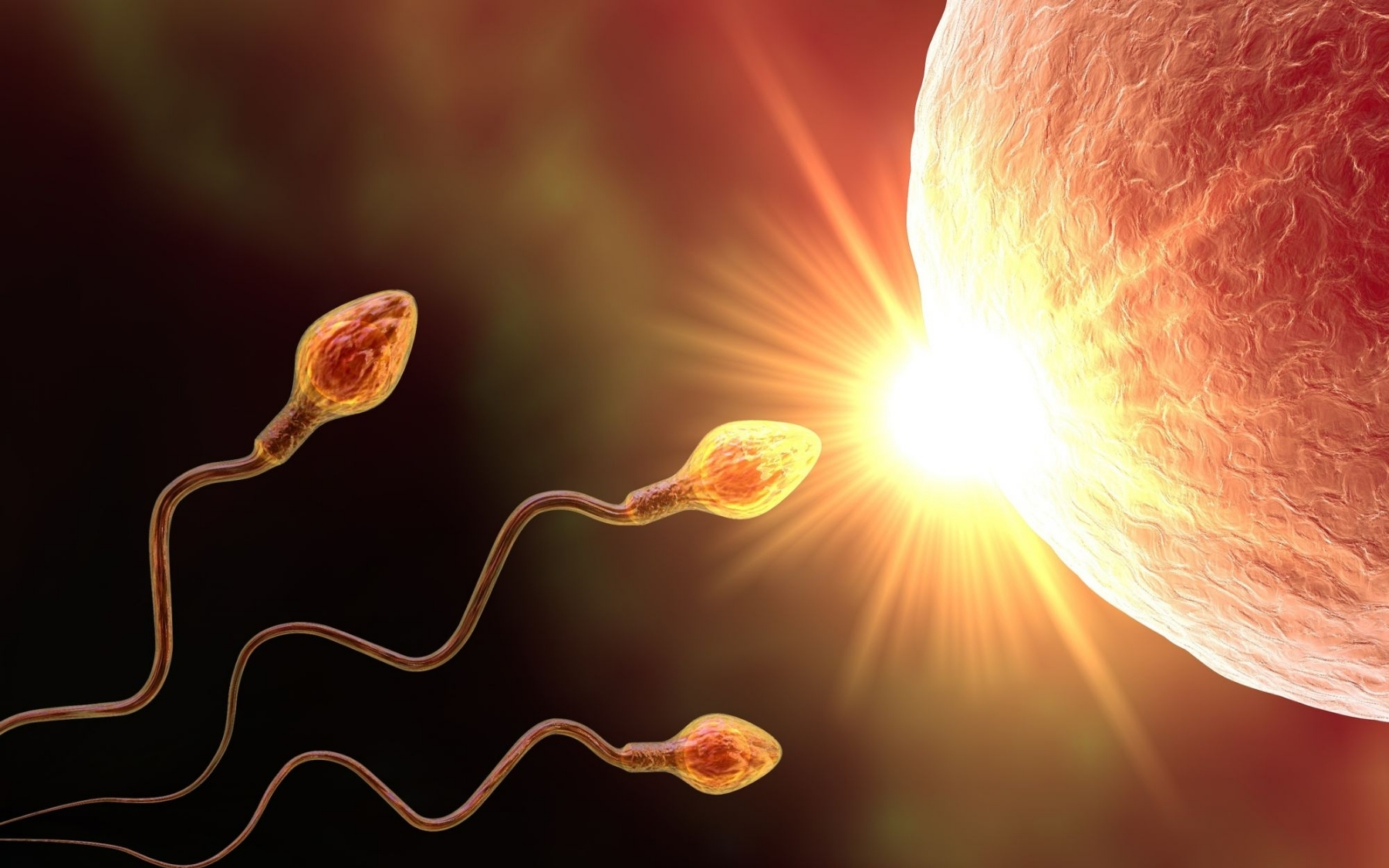I gave a talk in November 2019 at the Fertility Show in London. It was titled, ‘What do we do about poor quality sperm and unexplained infertility?’ and we had some interesting discussions in the room.
There is a traditional, ‘old’ approach to male infertility treatment – diagnose, treat (IVF or ICSI), look at the outcome (25% success), review the result (largely ‘unhappy’) and then explain that ‘it’s just a numbers game’.
To be fair, it’s not entirely wrong, but it confuses a solution (which does work in 25% of cases) with a treatment – which involves: investigation, diagnosis, explanation, care and support.
Quite often, we are also at risk of focusing not only on the solution of IVF or ICSI, but also only on the sperm numbers themselves. But a man’s infertility journey involves so much more.
The new approach I outlined in my talk recognises that there are three factors that should be considered
- the biological (what is the cause, and can it be treated?)
- the social (appreciating that friends are having children and parents want grandchildren etc.)
- and the psychological (where the man will assume the position of it all being his fault and there is nothing he can do – and certainly not bother even trying to conceive naturally!)
Let’s concentrate on the biological
World-wide, sperm counts have declined by 50% in the last 50 years. Fact. What’s going on?
- We eat more
- We drink more
- We abuse steroids
- We use cosmetics and hair growth restorers!
- We (still) smoke
- We (may) have had more partners and we (may) have delayed until mid or late 30s
The world is also full of plastics and particulates.
We therefore firstly need to consider lifestyle as this can be a major contributor and can also be easier to fix. Begin by asking yourself, even telling yourself, the following:
- What’s your waist measurement? – testosterone metabolism is affected by this!
- Have you ever taken anything to enhance muscle bulk?
- Do you exercise (fanatically)?
- Do you usually feel ‘better’ after a drink?
- Just stop smoking and (probably) vaping
- Make sure you’re getting proper nutritional advice
- And recognise that heat does matter – testicles enjoy 3 degrees below core temperature – that’s why they’re placed in a scrotum: avoid lycra!
And sex does matter!
The cumulative pregnancy rate with sperm counts of 5 million was 10% per year (Danish study, 2016).
The DNA quality of sperm can also deteriorate with infrequent ejaculation.
Please don’t just assume that ‘it’s not worth trying to conceive naturally’. It really is!
Beyond lifestyle issues
Straightforward semen analysis won’t really do. You need:
- a physical examination
- an ultrasound scan, especially if you have had an undescended testis or hernia operation
- measurement of your hormone levels in the morning
These can help us decide whether we can increase the chance of natural conception to the same level as can be achieved by ART (IVF and ICSI) and/or improve sperm quality to achieve a better result from ART – hotly disputed but never properly tested
A DNA Fragmentation investigation can also help. This is where we can view the quality of the ‘unseen’ DNA in the sperm head which can be abnormal even when the semen analysis is normal – “unexplained infertility”. It can ultimately help explain the unexplained and may help to improve failed ICSI outcomes.
Can we improve poor DNA sperm quality?
Not always, but Asymptomatic, non-serious infections can be treated, as can “oxidative stress”. Nutrition, weight loss and antioxidants help and it’s important to reduce the temperature of the testicles
Male fertility – what’s new?
There are several new diagnoses and treatments available to balance the old method of looking at male infertility. These include:
- Measuring DNA fragmentation
- Measuring oxidative stress – chemicals which may cause sperm damage
- Balancing the intake of antioxidants to the levels of oxidants
- Looking for a wide range of germs – not dangerous – but which may be relevant to sperm damage
Where does this leave us?
Male infertility is not untreatable, but we can’t ‘rely’ on IVF and ICSI: although it may be a ‘solution’, it’s not a treatment. All those struggling to conceive should start with having some investigations, because we may be able to treat the man, and not just rely on sperm selection.
It’s also important that healthcare professionals inform, explain and try to help them through this difficult journey
If you would like to find out more about the event, please visit: Saturday Seminars


0 Comments